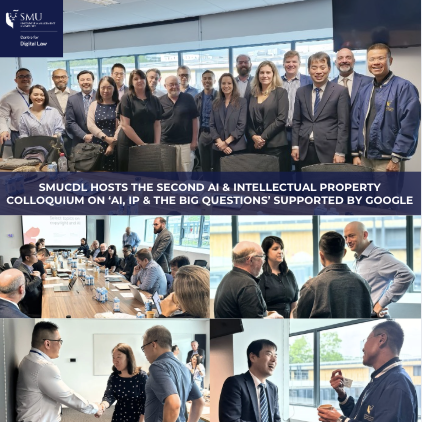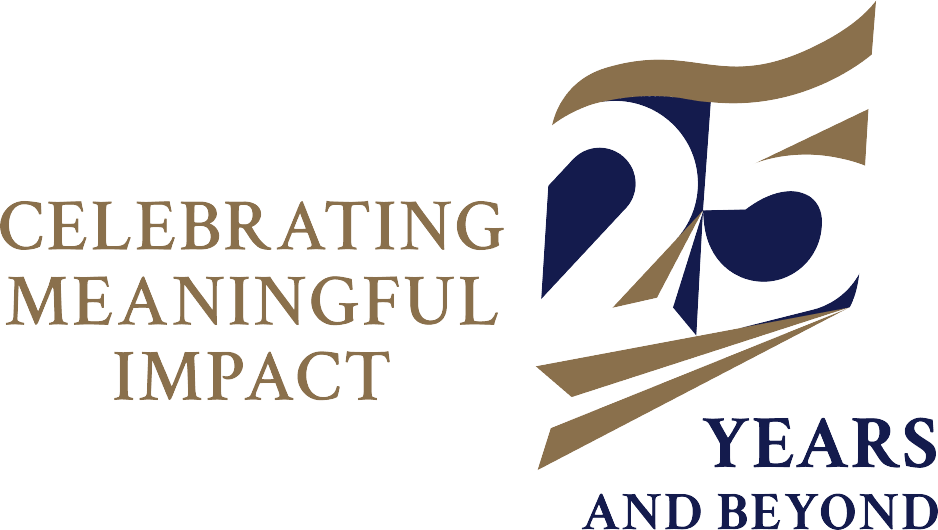
Event Details
CDL hosted the second Colloquium on AI and Intellectual Property in Asia-Pacific, focusing on The "Big Questions", convened by CDL Director Assoc Prof Jason Grant Allen and Assoc Prof Saw Cheng Lim of SMU Yong Pung How School of Law. Supported by Google, this workshop built upon the foundation laid by the first session, Mapping the AI/IP Interface, by examining the broader conceptual and societal implications of IP law in the context of AI advancements.
The discussions focused on the complexities of AI training data and its intersection with IP. Legal experts, Roxanne Carter (Senior Manager, Government Affairs and Public Policy, Google), Jon Small (Senior Counsel & IP Lead, Google DeepMind) and Ana Ramalho (Senior Copyright Counsel, Google) delivered insightful presentations on how AI and GenAI work. They highlighted AI's transformative potential across sectors while addressing the importance of diverse, high-quality training data to ensure ethical and legal use. Some of the key themes included the distinction between the learning patterns and memorization of AI models, the legal challenges of using data for AI training, and the importance of balancing copyright protection with innovation.
During the roundtable, participants examined ethical and legal frameworks needed to address the impact of AI on cultural values, labour, competition, and privacy rights. They emphasized the need for informed consent, clarity on proprietary rights, and the role of state regulation in navigating these challenges. This discussion underscores the importance of fostering multi-stakeholder dialogue to develop AI-ready IP regimes that balance innovation with the protection of intellectual property and societal values.
We thank all participants for sharing their valuable insights, ideas, and questions. We would also like to thank Google for their generous support, which played a vital role in making these workshops possible. These workshops are a critical step toward reimagining IP law in the AI era, paving the way for policies that better address the complexities of emerging technologies. We look forward to continuing this important dialogue in the final workshop, where we will explore possible future directions for IP law and policy based on the issues identified in the first two sessions.
Relevant resources for reading:
🔗 IPOS-CAIDG joint report: https://bit.ly/4baKHfr
🔗 BSA Policy Solutions for Building Responsible AI: https://bit.ly/4c14mjf
🔗 BSA Position Paper on AI & Copyright Policy: https://bit.ly/4cyY76d
🔗 BSA Position Paper AI & Digital Replicas: https://bit.ly/45wucct
🔗 BSA Submission to ISED Canada on AI & Copyright Policy: https://bit.ly/3VBOwEy
🔗 BSA Comments on Japan Agency for Cultural Affairs Draft Approach to AI & Copyright: https://bit.ly/3VBkGQE

